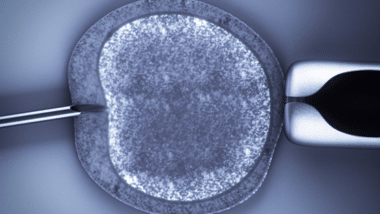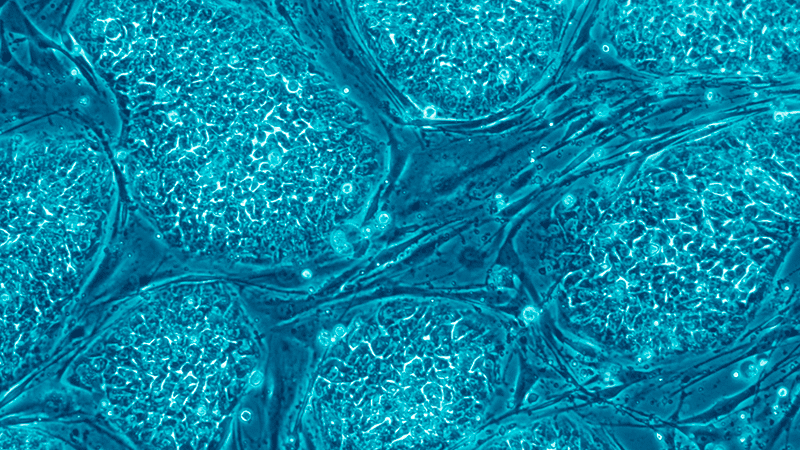A stem cell expert hopes to grow synthetic embryos in ‘mechanical’ wombs, it has been revealed.
Start-up company Renewal Bio is seeking funding to create ‘mini human clones’, harnessing techniques already used to create mouse ‘embryos’ in the laboratory.
The firm, co-founded by the controversial biologist Professor Jacob Hanna, claims it wants to “make humanity younger and healthier”.
‘Transplantation’
Building on his previous experiments on mice, Hanna now believes it could be possible to make synthetic human embryos.
He told the MIT Technology Review: “We view the embryo as the best 3D bio printer. It’s the best entity to make organs and proper tissue.”
The scientist, based at the Weizmann Institute in Israel, continued: “The vision of the company is ‘Can we use these organized embryo entities that have early organs to get cells that can be used for transplantation?’”babies the best entity to make organs and proper tissue
Dismissing critics, Hanna claimed: “We are not trying to make human beings. That is not what we are trying to do. To call a day-40 embryo a mini-me is just not true.”
Human engineering
In 2015, Hanna was part of a team that said it is possible to ‘manufacture’ a baby using skin cells from two adults of the same sex.
A team of scientists from Cambridge University and the Weizmann Institute used stem cells from embryos and cells from the skin of five adults to engineer egg and sperm cells.
The researchers had previously created baby mice using engineered eggs and sperm, but admitted that the prospect of creating a human baby raises serious ethical issues.

Creation of monkey-human embryos opens ‘Pandora’s box’


